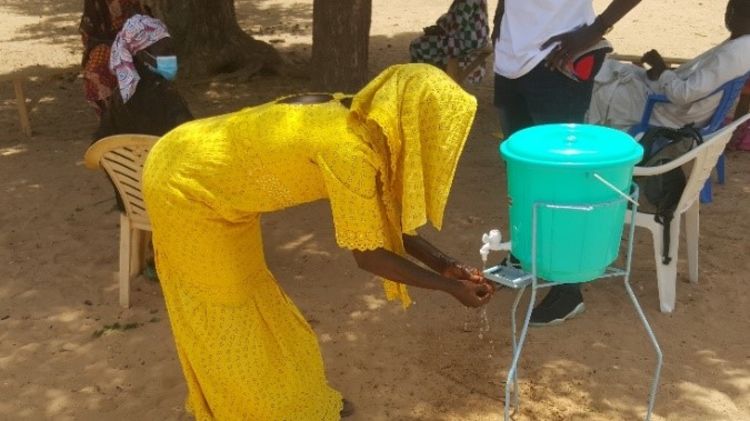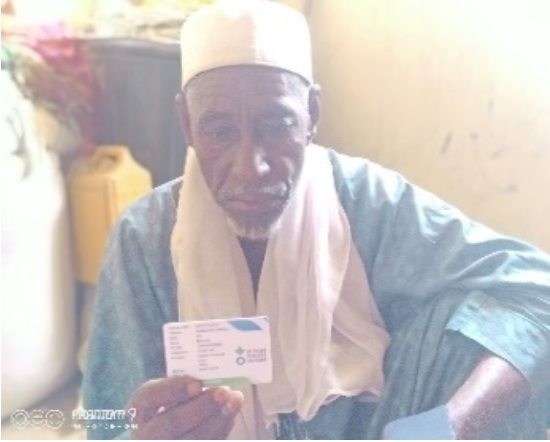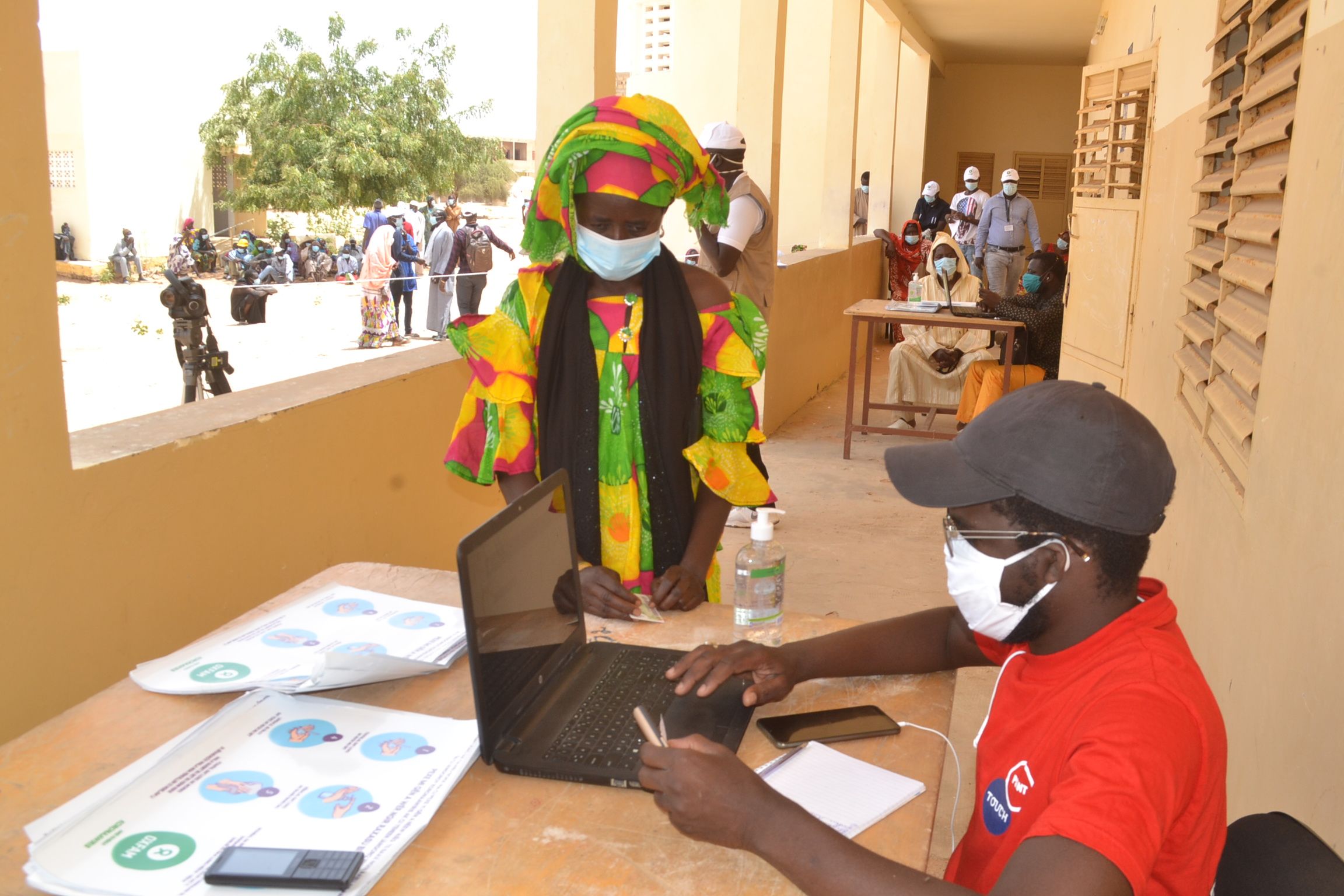ARC Replica Pay-Out Senegal 2020
Programme Overview
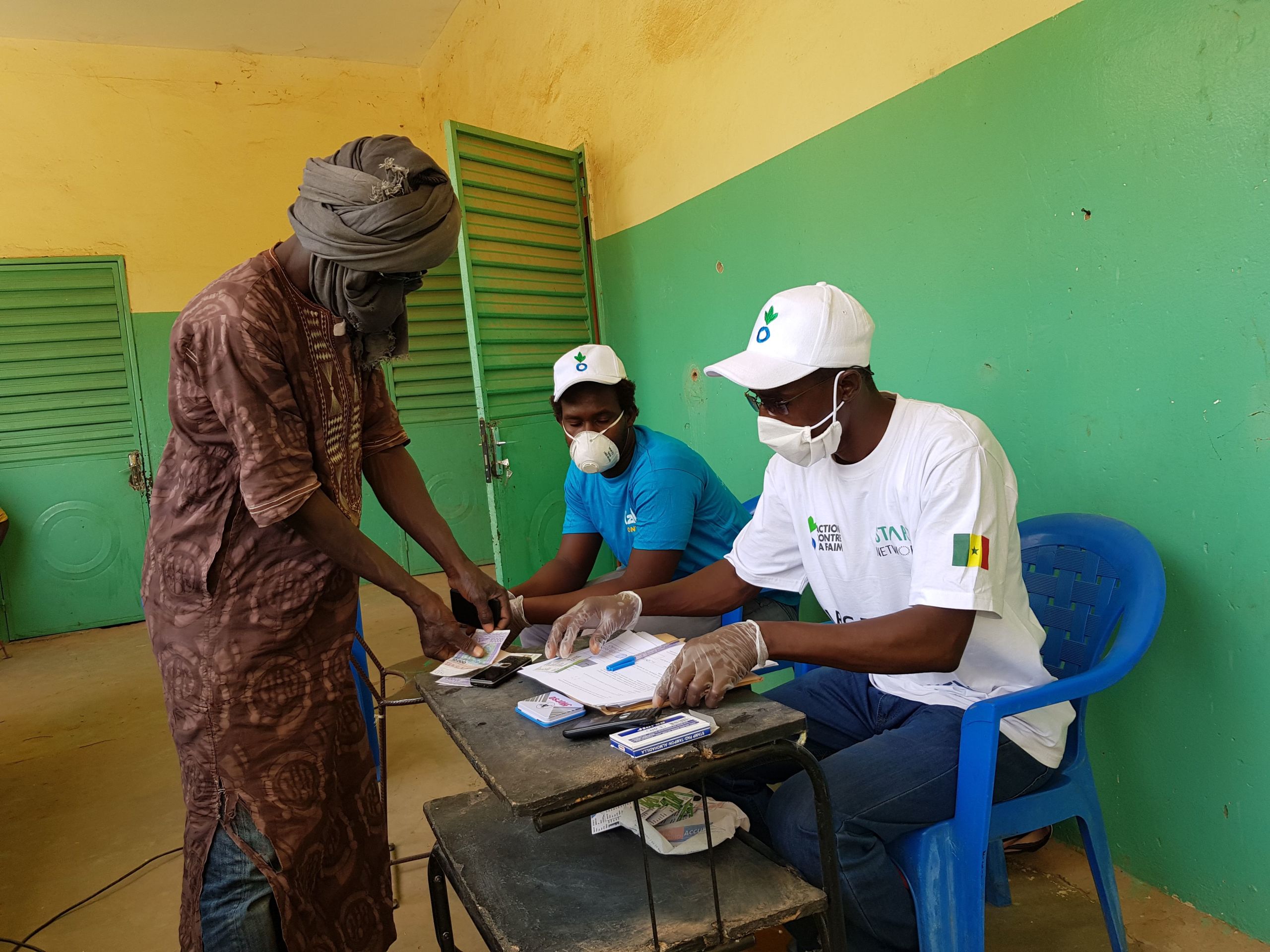
November 2019: Drought is forecast in Senegal, triggering the largest ever early action pay-out to civil society actors.
This $10.6m ARC Replica pay-out to the Start Network is being used to support the food security and livelihoods of vulnerable communities through the agricultural lean season (June-August 2020).
The Start Network pay-out complements a $13m ARC pay-out received by the Senegalese government, which is being used to support regions not covered by Start Network programming.
For more background information about the Start Network's engagement with ARC Replica, please see the article by Sarah Barr - the Start Network's Evidence and Learning Advisor for Anticipation and Risk Financing - below:
Six Start Network members - Action Against Hunger, Catholic Relief Services, Oxfam, Plan, Save the Children, and World Vision - are implementing the ARC Replica pay-out across seven regions.
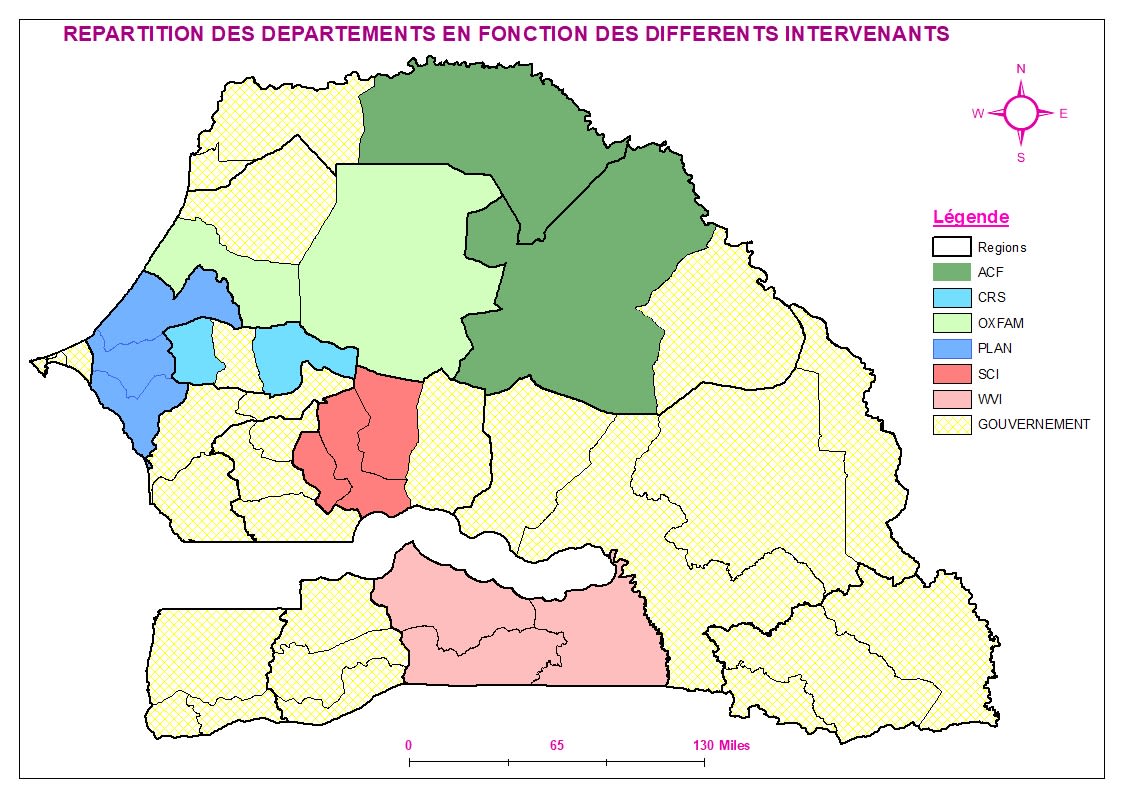
Support provided consists primarily of cash distributions, and some agencies are also distributing fortified flour. Originally, cooking demonstrations and other in-person awareness raising activities had also been planned. However, in response to COVID-19, awareness raising activities have mostly switched to remote or distanced approaches, including posters and radio broadcasts.
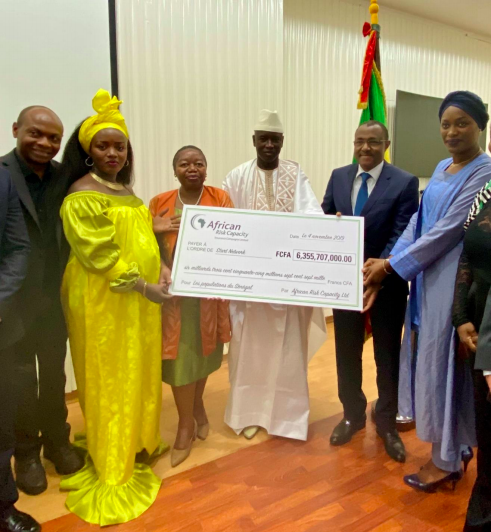
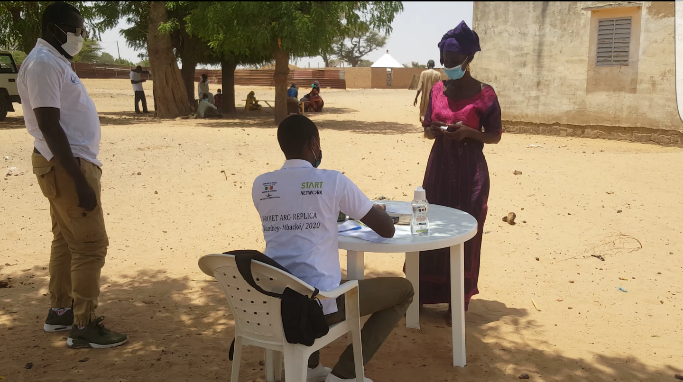
Who is the ARC Replica Pay-Out Supporting?
The six implementing Start Network members are supporting more than 27,000 households across seven regions of Senegal. This translates to direct support for nearly 250,000 vulnerable individuals.
Across all targeted regions, 97% of supported households live in rural communities.
Moreover, most supported households reported that their primary income source is agriculture and/or livestock. However, a considerable minority (approx. 27% overall) indicated that their income comes from ‘non-agricultural activities’, which includes things like working in shops/market stalls; driving car or motorbike taxis; fishing; housecleaning or doing laundry; and trades like shoemaking or masonry. The remaining respondents reported that their primary source of income is from rental income (2% overall) or remittances from family members working elsewhere in Senegal or abroad (1% overall).
Although it is most obvious that households dependent on agriculture and/or livestock would be negatively affected by a drought, as previously discussed, these are very rural communities. Poor crop yields and underweight or dying livestock have a knock-on effect with regard to other aspects of the local economy. Moreover, 80% of supported households reported owning some kind of livestock and many supplement their primary income with small-scale farming or gardening.
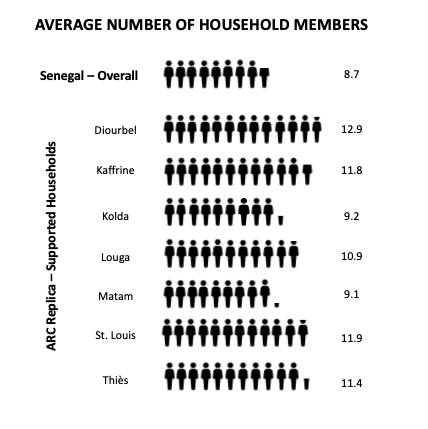
The average household supported by the ARC Replica pay-out is larger than the overall Senegalese average of 8.7 individuals per household.
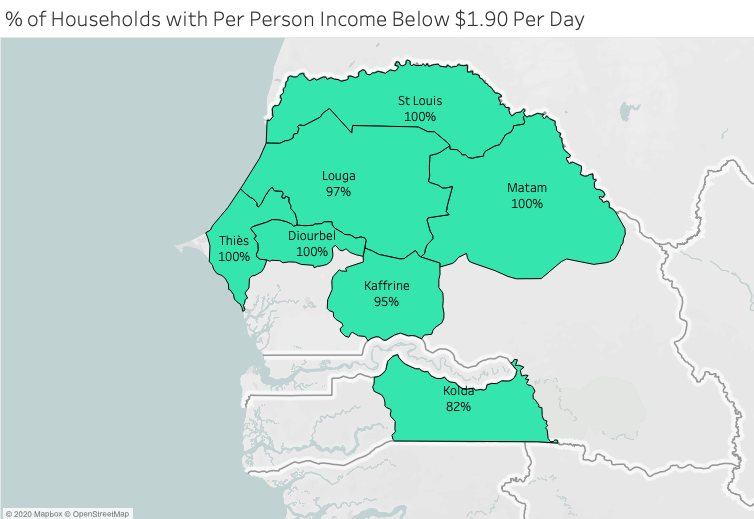
Self-reported data on monthly per person income shows just how vulnerable supported households are. Although there is some variation by region, overall 97% of households reported an average per person income lower than the international poverty line.
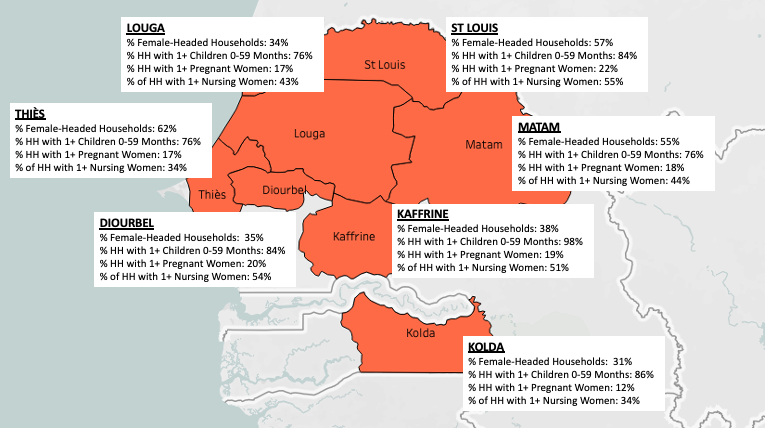
Beyond just income, data provided by supported households shows how they are vulnerable to the impact of a drought on a number of axes. As shown above, a fairly high percentage of supported households - including a majority of households in Thiès, St. Louis, and Matam - are female-headed.
The vast majority of households have one or more children under 5 years old, and many households have at least one pregnant or nursing woman in them. Good nutrition is key for the health of these groups; as such, common food insecurity coping strategies like reducing the size of meals or skipping meals entirely can be particularly damaging.
This data shows just how important the ARC Replica pay-out is for supporting vulnerable households across Senegal to manage a difficult lean season. This has all become even more salient given compounding difficulties associated with COVID-19 starting in March 2020, a period in which many households would typically be saving and preparing for the upcoming lean season.
